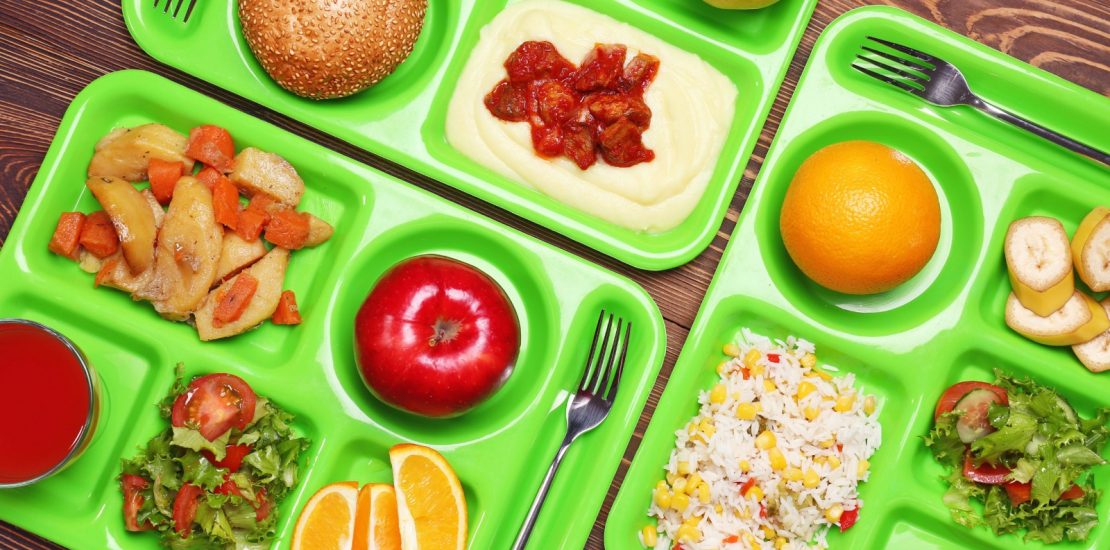School cafeterias as the new teachers of food educationBy Antonio Picasso
- 16 November 2021
- Posted by: Competere
- Category: Senza categoria

Italy is the cradle of the Mediterranean diet, but food remains relegated to well-being magazines. Food education should become a school subject, with the goal of making healthy eating a pillar of sustainability.
SUSTAINABLE NUTRITION FOR PEOPLE AND FOR THE PLANET
We can all agree that nutrition belongs to the macro-area of sustainability: following a diet approved by medical and scientific studies means buying and consuming food that has been certified as sustainable, whose label informs consumers of the origin of the product as well as of its calorie count. At the European Union level, the Farm to Fork strategy aims precisely at finding a compromise between the needs of agricultural producers and of consumers. However, portion sizes, healthy eating schedules, and physical activity remain prerogative of the each individual: if we abide by the old saying mens sana in corpore sana, we will likely enjoy good health conditions, otherwise, we face the risk of developing the illnesses typical of our ultra-consumeristic society: obesity, cardiovascular diseases, diabetes.
CAFETERIAS AS HUNTING GROUNDS FOR PUBLIC ADMINISTRATION
But the problem should be faced, head on, starting with the youngest generations, meaning those children that, as is well known, barely receive appropriate physical education. It is sad to think how in Italy, country that boasts motherhood of the Mediterranean Diet, school cafeterias are nothing more than a hunting ground for contracts offered by the local administration, often according to dated guidelines and whose most innovative features are limited to the defense of specific categories (allergies, religious-based diets etc). From a bureaucratic point of view, cafeterias’ menus are dictated by Minimum Environmental Criteria (CAM), that are regularly drafted by the Ministry of Ecological Transition with no involvement of the Health or Education Ministries. All while regions and subregional entities barely pay them any mind. Since the start of the year, Competere has monitored over 80 tenders whose descriptions did not match the criteria prescribed by the CAM. And the problem goes well beyond the complex world of Public Administration.
LEARNING TO EAT WELL: THE FIRST STEP TOWARD SUSTAINABILITY
Introducing food education in schools as a study subject with practical application, and where cafeteria tables can act as a learning lab, means tackling the issue on two fronts. Environmentally, by encouraging the consumption of certified food from early on, and health-wise, by introducing food as prevention of many diseases.

